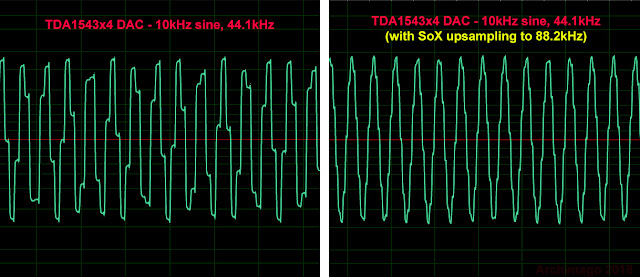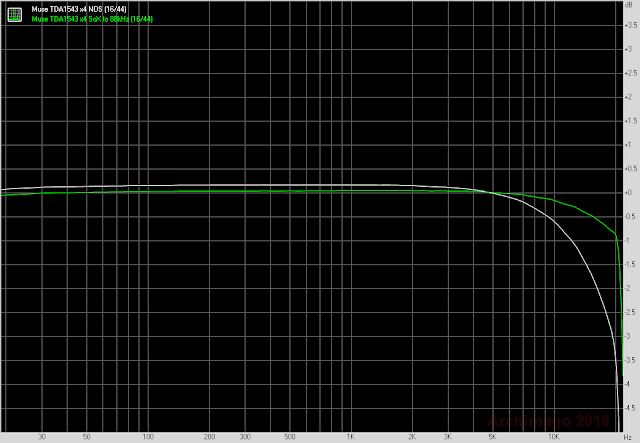Why just stop at bent transfer function type distortion? It seems to reveal a distinct lack of imagination.
There's loads of signal-related stuff you could try. What about all the possibilities of adding noise of various kinds? How about pitch shifting, flanging, phasing, chorus effects, pre-programmed reverberation that comes and goes in response to the amplitude of the signal?
Why not try scrambling the signal in some way, add some distortion with an audiophile-quality diode, then de-scramble the signal? There might be some hitherto unknown psychoacoustic effect.
And if non-harmonic IMD is good (as we know, there's no such thing as harmonic distortion for complex, i.e real music, signals unless you have access to the individual monophonic elements), there's all sorts of stuff you could do with frequency modulation, ring modulation, amplitude modulation. A tiny bit of dalek might be just what's needed to spice up some dull, i.e. high fidelity, soprano.
Really the possibilities are endless.
How do you know any of this doesn't work unless you carry out comprehensive scientific listening tests?


